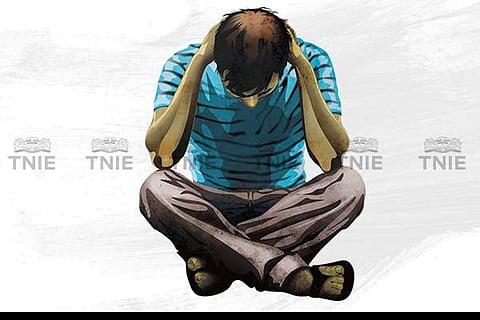

A study published in the American Journal of Preventive Medicine shows that a 25 per cent ascend in food deficiency during the COVID-19 hit pandemic is connected to demolished psychological wellness.
Food insufficiency, the most extreme form of food insecurity, occurs when families do not have enough food to eat. Among the nationally representative sample of 63,674 adults in the US, Black and Latino Americans had over twice the risk of food insufficiency compared to White Americans.
Jason Nagata, MD, MSc, assistant professor of paediatrics at the University of California, San Francisco and lead author on the study said "People of colour are disproportionately affected by both food insufficiency and COVID-19. Many of these individuals have experienced job loss and higher rates of poverty during the pandemic."
Overall, 65% of Americans reported anxiety symptoms and 52% reported depressive symptoms in the week prior to completing the survey. Those who did not have enough to eat during that week reported worse mental health, with 89% of food-insufficient Americans reporting anxiety symptoms compared to 63% of food-sufficient Americans. Similarly, 83% of food-insufficient Americans, compared to 49% of food-sufficient, Americans reported depressive symptoms.
"Hunger, exhaustion, and worrying about not getting enough food to eat may worsen depression and anxiety symptoms," said Nagata.
Researchers found that receipt of free groceries or meals alleviated some of the mental health burdens of food insufficiency.
"Policymakers should expand benefits and eligibility for the Supplemental Nutrition Assistance Program (SNAP) and other programs to address both food insecurity and mental health," said Kyle Ganson, PhD, MSW, assistant professor at the University of Toronto, a co-author of the study.
